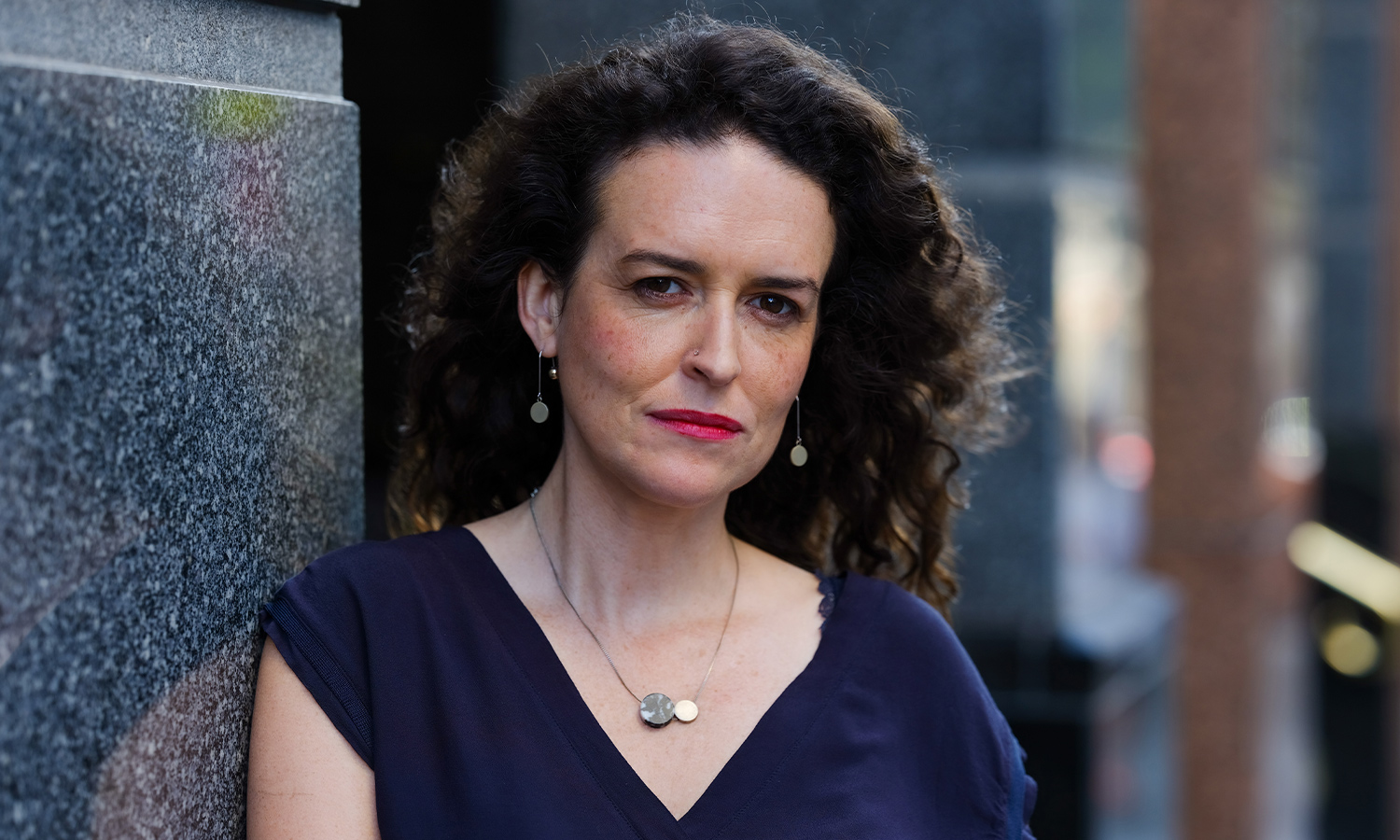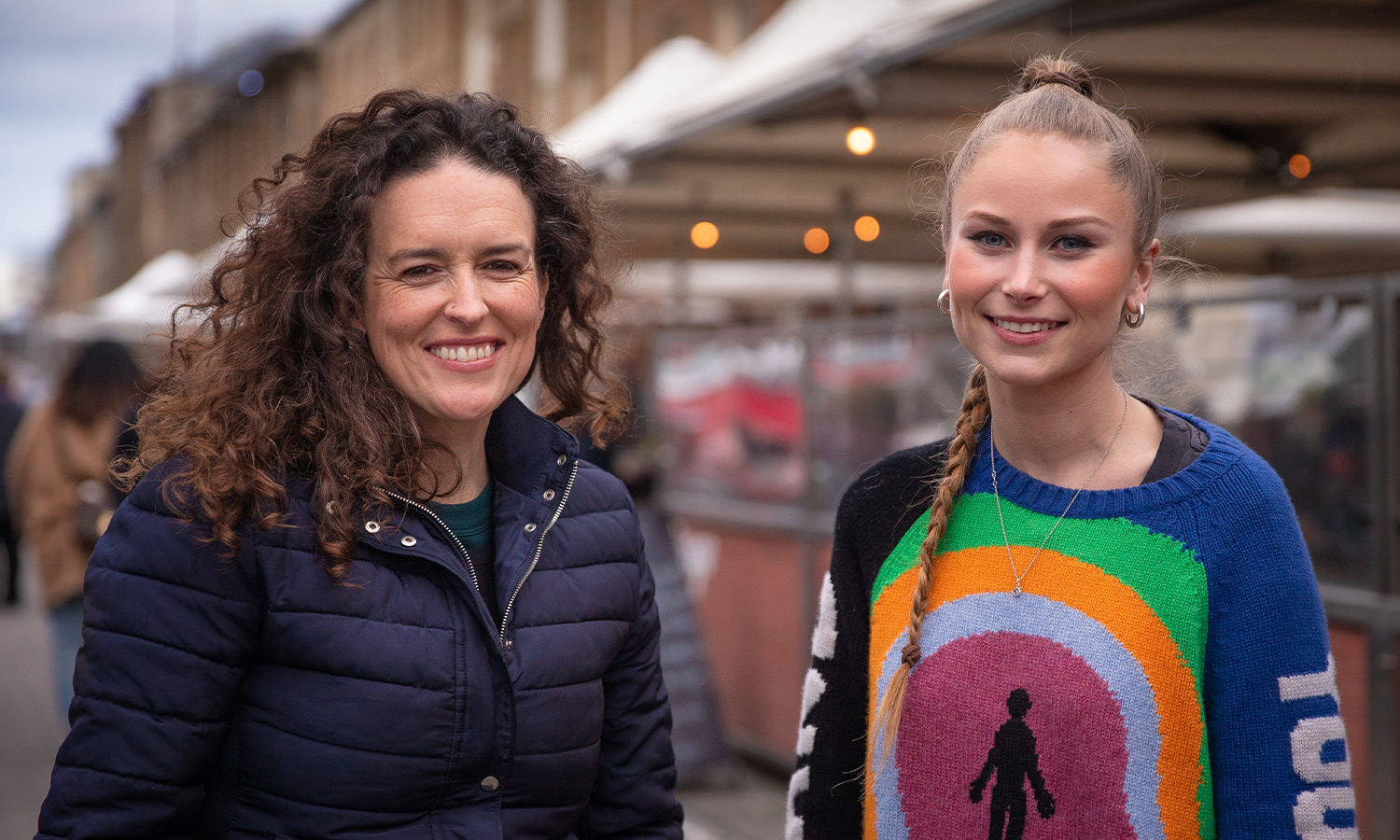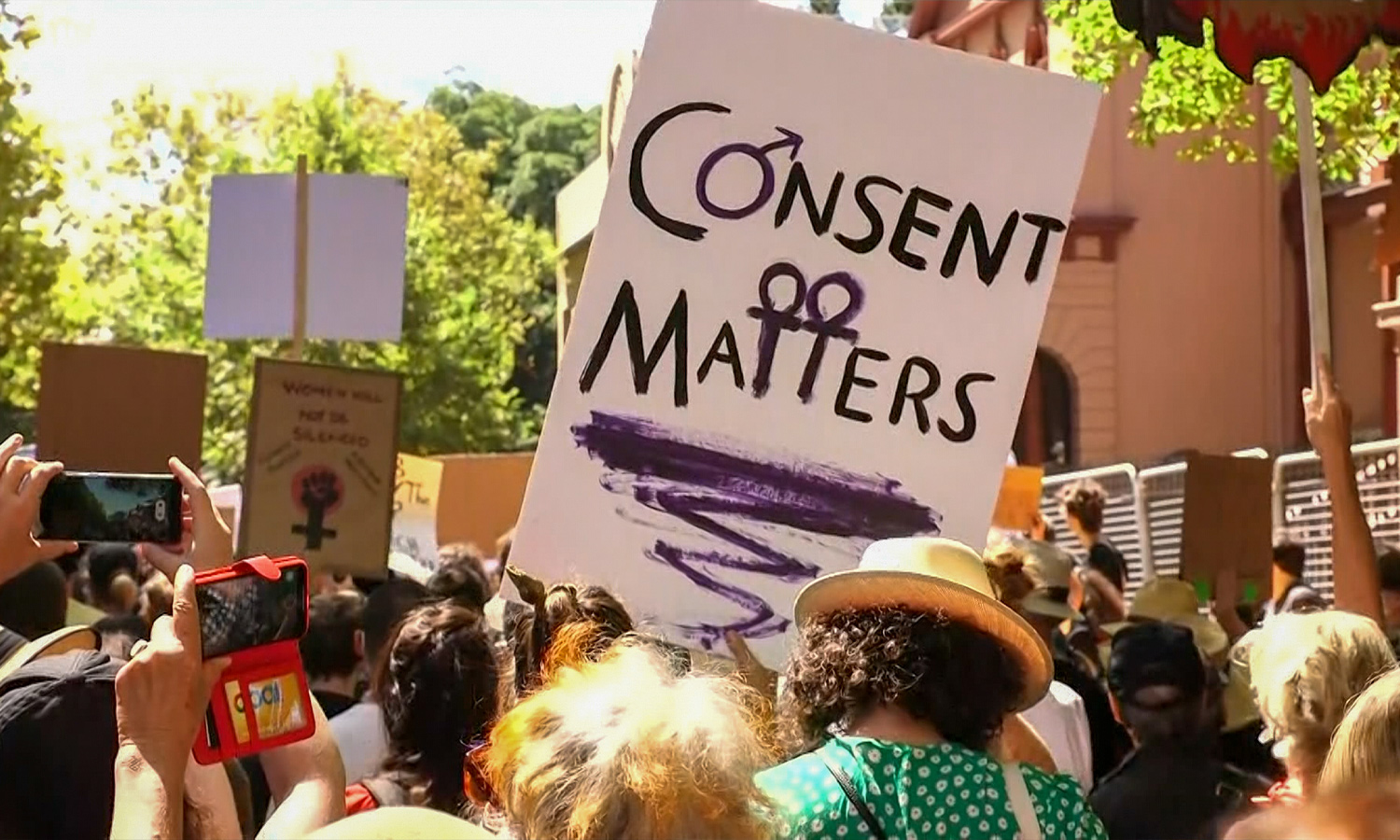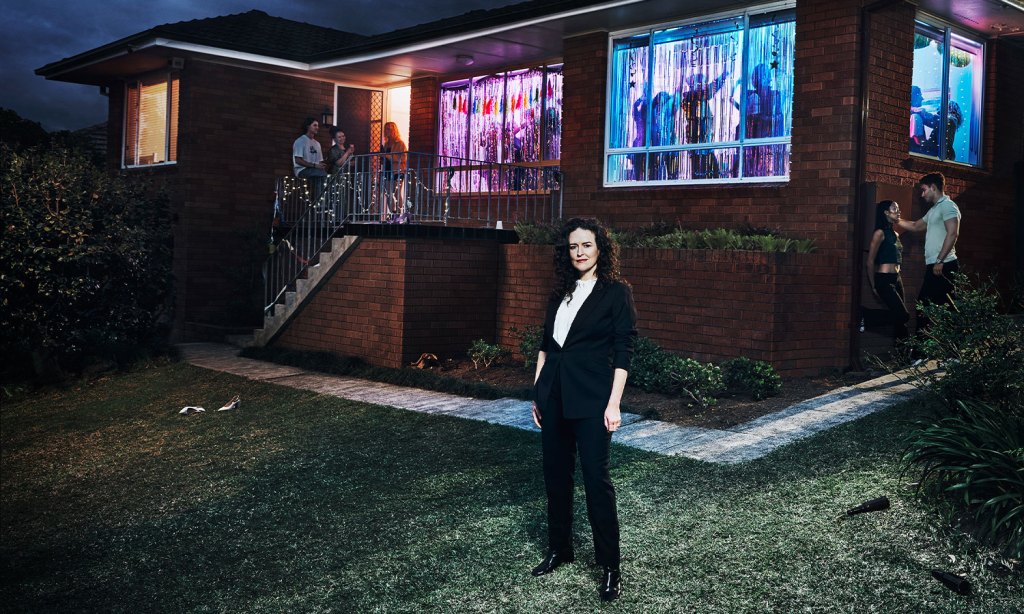Australia went through a moment in 2021. Sexual assault survivors, campaigners, and activists were making headlines daily as conversations about the depth and severity of the problem burst into everyday life. ‘Asking for It’ is an urgent cataloguing of that moment and its continuing implications in for Australian culture and national identity.
“There was this explosion of disclosure and trauma,” investigative journalist Jess Hill told The Latch about her new series.
“It was perhaps the first time, as a nation, we have discussed sexual violence in very explicit terms and in such a way that went straight to the halls of power.
“It kind of became everybody’s business whereas, before, people felt like it wasn’t their business because it hadn’t happened to them”.
The new three-part investigative series is led by Hill, who has spent her career diving into Australia’s epidemic of family violence. You may remember her from her gripping series ‘See What You Made Me Do,’ also on SBS.

It’s one of those shows that hold a mirror up to society, helpfully showing us just who we are, what we care about, and where we’re going. Hill describes the present era as a new sexual revolution, a continuation of the 60s and 70s sexual liberation movement now culminating in the era of enthusiastic consent.
“What was happening in Australia, in 2021, was a gigantic power shift. What I was really interested in, from a longer perspective of history, was that suddenly we had victim-survivors who were being fêted as icons,” she said.
“Previously … survivors were not considered people worth listening to. In fact, quite the opposite. Now, you have victim-survivors, for the first time, being treated like rock stars”.
That such conversations and such a series are necessary almost doesn’t require justification. Every day, 85 sexual assaults are reported to the police in Australia. Estimates suggest that 90% of the total number of sexual assaults go unreported, meaning this is just a fraction of the true number. What’s more, these figures have been on the rise for at least the past decade.
Over three episodes, Hill speaks with the entire lineup of these advocacy rockstars spearheading Australia’s consent revolution, including Saxon Mullins, Grace Tame, Noelle Martin and Adele ‘delsi’ Moleta, learning about their experiences navigating the legal system, fighting for law reform, and dealing with trauma.

It’s a broad spectrum approach, examining all aspects of the origins and factors that perpetuate rape culture, from schools to universities, aged care, marriages, and powerful institutions to ask how the shift to a culture of consent can happen.
Hill charts that eruption of truth-telling, less than two years ago, as beginning with the sexual abuse revelations of the Catholic Church and moving through the conversations sparked by allegations made against men like Harvey Weinstein, Jimmy Saville, Rolf Harris, and George Pell.
“It made the veil slip on how power works. People suddenly understood that actually, anybody could do this, not just some vagrant hiding in a bush, and that power is actually a key part of sexual offending,” she explained.
However, as others have pointed out elsewhere, Australia’s media defamation laws stopped the #MeToo movement from swelling to the scale it did elsewhere. That was until the decision of Brittney Higgins to speak out about her own experiences while the Attorney General was simultaneously being accused of a historic rape allegation.
“It just exploded people’s minds, the fact that that could be that that could be happening at the very centre of government,” Hill said.
Getting some perspective on the significance of that moment is critical and ‘Asking for It’ allows us to reflect on the significance of those conversations. However, what Hill is worried about is the surface-level appearance of cultural change is not being coded into our legislation and our institutions.

“That’s partly why we wanted to do this programme. Sometimes you need a television series or something just to refresh that energy and give the advocates, that are still working relentlessly on this on this topic and on this issue, that bit of public momentum,” Hill said.
As Hill explains, seeing the heat go out of a major public debate like this is expected.
“You can’t keep talking about trauma at the level that we’ve been talking about it in an ongoing way because people can’t handle, generally speaking, that level of confrontation with trauma on a long-term basis,” she said.
But to believe that that equates to nothing changing would be wrong. It’s clear from the policies presented at the recent NSW state election, to give just one example, that politicians cannot ignore these issues any longer as they now operate in a new cultural norm. Videos about milkshakes just ain’t going to cut it any longer.
That being said, it appears that conversations have pushed back on the narrative of 2021 as the inevitable backlash rises. The prominence of ‘alpha-male, anti-feminist influencers’ like Andrew Tate has shown, as Hill describes it, that culture is “a moveable feast.” Hence the importance of continuing this dialogue and refining the message.
“I think what we probably haven’t done so well is figure out how we actually make boys and men part of this conversation, instead of just making them feel alienated from it or making them feel like potential predators,” Hill said.
As with most things, compassion and empathy appear to be the answer, as Hill cites outreach work in schools in Australia that aim to engage young men in conversations where they are spoken to as equals. Moments like these in the series are some of the more eye-opening.
For Hill herself, compassion and empathy are something she’s expended to the very last in producing not only this series but throughout her entire body of work. ‘Asking for It’ does not make for easy viewing, being at times both heartbreaking and heart-mending. Having been eye-to-eye with the monster of assault for years, Hill herself experienced a resurgence of the brain tumours she has fighting for over a decade.
While she’s currently undergoing chemotherapy, she herself takes “a long view” of her own work and says that engaging with passionate people dedicated to the cause is “hugely rejuvenating and replenishing”.
Here’s hoping that Australia will experience some of the same when ‘Asking for It’ premieres.
You can watch ‘Asking for It’ at 8:30pm Thursday, 20 April on SBS and SBS On Demand.
Related: Chanel Contos Wants to Eliminate Rape Culture in Australia — Here’s How She Plans to Do It
Related: To the Village Raising Our Boys: We Know Better, So Here’s How We Can Do Better
Read more stories from The Latch and subscribe to our email newsletter.







